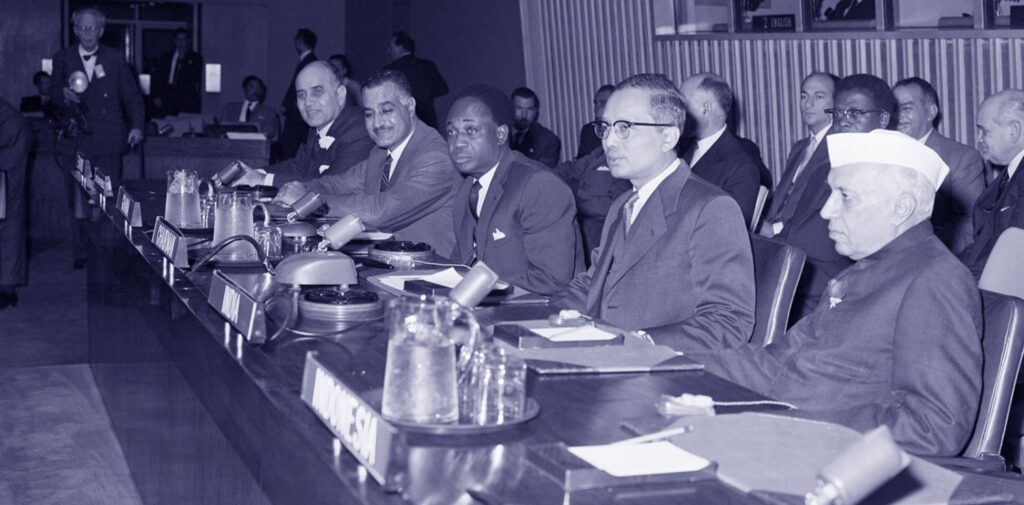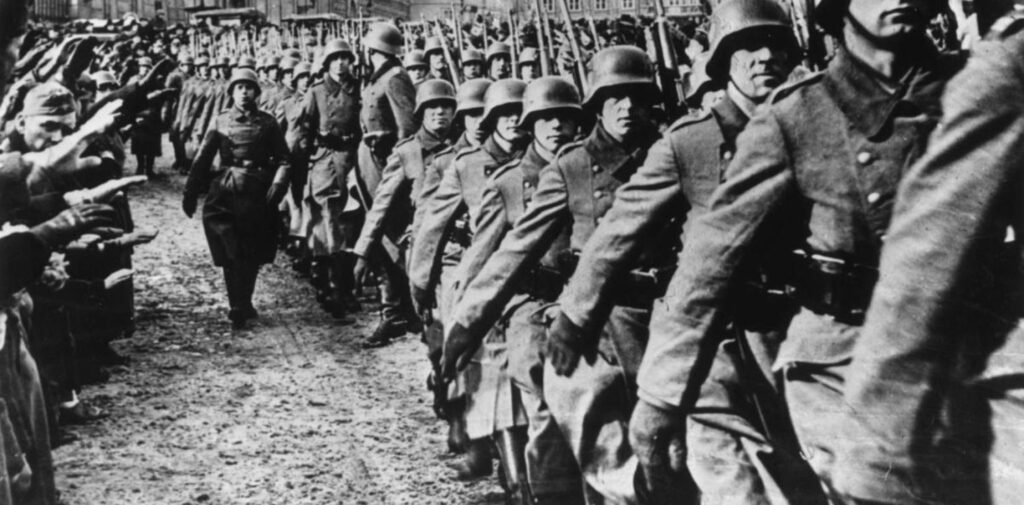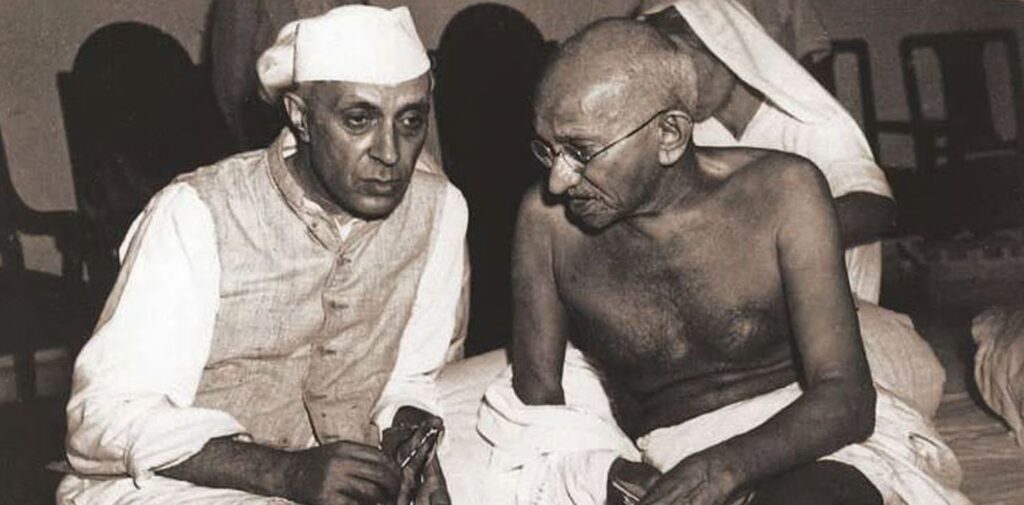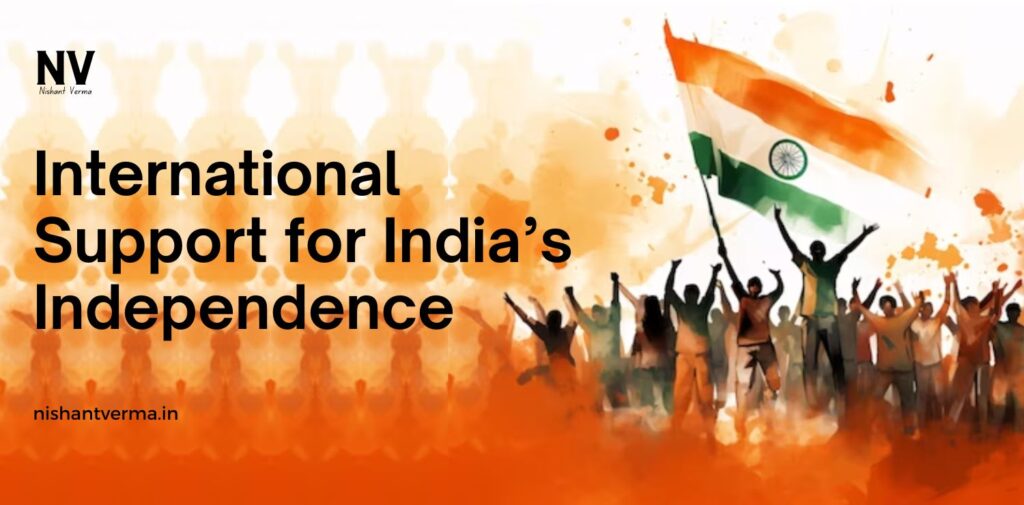India’s fight for independence was a monumental struggle that spanned over a century. The movement, led by countless freedom fighters, gained significant momentum in the early 20th century, with global attention and support contributing to the eventual success of the independence cause. While the contributions of leaders like Mahatma Gandhi, Jawaharlal Nehru, and the Indian National Congress (INC) are widely celebrated, it is crucial to examine the broader international context in which India’s struggle for freedom unfolded and the role of the Nehru-Gandhi family in shaping India’s post-independence trajectory.
International support was an essential factor in India’s fight against British colonialism. Many countries, movements, and individuals around the world stood in solidarity with India, supporting its call for self-rule, often through protests, diplomatic pressure, and vocal advocacy. However, the post-independence leadership of the Nehru-Gandhi family has been criticized for minimizing the role of international solidarity in India’s independence. Instead of embracing the global support that contributed to India’s freedom, the leadership, at times, sought to focus more on consolidating power at home, sidelining the importance of maintaining these international relationships.
This article will explores the International Support for India Independence and how the Nehru-Gandhi family’s actions and policies in the years following independence may have neglected or even undermined this support.
Global Solidarity for India’s Independence Movement
India’s struggle for independence was not an isolated battle. From the early days of British colonial rule, various international forces, including global social movements, governments, and intellectuals, rallied behind the Indian cause. Their support played a vital role in putting pressure on the British and eventually helped in India’s freedom.

1. The Role of Non-Alignment Movement
One of the most significant international aspects of India’s independence struggle was the idea of non-alignment, which was championed by Jawaharlal Nehru. However, it is essential to acknowledge that India’s alignment during the independence movement was not limited to non-alignment but was supported by a broader global coalition. The international backing for India’s struggle emerged from countries that were themselves fighting colonial oppression and imperialism.
Nehru’s focus on non-alignment in the years following independence made India a central figure in global diplomacy. However, during the freedom movement, India received support from countries that had a strong anti-colonial stance. Movements in Africa, the Caribbean, and Southeast Asia were deeply inspired by India’s fight against British colonialism, and India’s struggle became symbolic of the global fight for freedom. Countries like South Africa and Egypt offered moral and, in some cases, material support. They were among the first nations to publicly express their support for India’s call for independence.
2. The Role of International Advocacy and Intellectuals
At the intellectual level, India’s struggle for independence resonated with some of the world’s most notable thinkers, writers, and public figures. Leaders like Mahatma Gandhi gained international fame for his philosophy of non-violent resistance. Albert Einstein and George Bernard Shaw were among the famous international personalities who expressed admiration for Gandhi’s philosophy and criticized British colonial rule.
The Indian National Congress (INC) also leveraged international diplomacy to draw attention to India’s plight. Indian leaders worked with various global platforms, including international labor unions, leftist groups, and solidarity movements, to highlight British exploitation and colonial policies. Indian diaspora communities around the world played a vital role in drumming up international support, organizing protests, and influencing governments to pressure Britain.
Even the League of Nations and later, the United Nations, saw India’s struggle for independence as an important part of the broader global fight against colonialism. While India was not yet free, its voice on the international stage was gradually becoming louder, and support from other nations kept mounting, which helped sustain the momentum of India’s independence movement.

3. The Impact of World War II and British Weakness
The international context was further shaped by the outbreak of World War II in 1939. The war weakened British colonial control over India, which had already been a significant colonial power. As the British Empire faced defeat on multiple fronts, the urgency of granting self-rule to its colonies, including India, became more pressing.
The war also shifted global attention towards the need for decolonization. As the war dragged on, the British Empire’s resources and global influence began to dwindle, and pressure from other nations, especially the United States and the Soviet Union, to grant independence to its colonies intensified. The Atlantic Charter, signed by President Franklin D. Roosevelt and Prime Minister Winston Churchill in 1941, committed to the right of all peoples to choose their form of government, a statement that aligned with the goals of Indian nationalists.
It is important to understand that while Gandhi’s non-violent approach gained international attention and sympathy, the end of the war and the increasing pressure from global movements, including labor movements and anticolonial movements in other parts of the world, added significant weight to India’s demand for independence.
Nehru and Gandhi’s Overshadowing of International Support
While India received extensive international support during the freedom struggle, the post-independence leadership under Jawaharlal Nehru, and later his successors, became increasingly inward-looking. This inward focus often led to a neglect of the global solidarity that played such a vital role in securing India’s freedom.
1. The Nehru-Gandhi Family’s Focus on Centralized Power
After independence, Jawaharlal Nehru, as the first Prime Minister of India, worked hard to establish the country’s position as a prominent player on the world stage. However, his administration increasingly focused on consolidating power within India and building the country’s domestic infrastructure. While Nehru’s foreign policy sought to position India as a leader in the Non-Aligned Movement, he was often criticized for neglecting the role of international solidarity that had been instrumental in India’s struggle for independence.
The Nehru-Gandhi family’s approach to foreign relations in the post-independence era often isolated India from countries that had supported it in the fight against British colonialism. India’s support for countries fighting their own colonial battles, such as in Vietnam and Algeria, was not as strong as expected. Nehru’s focus on India’s domestic priorities overshadowed international cooperation, making the country appear more concerned with its own development than with maintaining solidarity with global anti-colonial movements.

2. A Narrow Focus on Domestic Politics Over Global Unity
Nehru’s policies, while progressive in many areas, also fostered a sense of political centralization and a focus on dynastic politics, particularly within the Congress Party. The Nehru-Gandhi family’s dominance in India’s political system led to the marginalization of other political forces, including those advocating for more inclusive, global solutions. This centralization of power restricted the ability of the working class, intellectuals, and international supporters to influence India’s post-independence policies.
Additionally, Nehru’s foreign policy, which included a strong desire for neutrality during the Cold War, alienated many of India’s natural allies. By attempting to be a leader in the Non-Aligned Movement, India distanced itself from both the capitalist West and the communist East, despite the fact that global powers like the Soviet Union had been sympathetic to India’s independence movement.
3. The Missed Opportunity for Solidarity with Anti-Colonial Struggles
One of the major criticisms of the post-independence leadership was that India, under the Nehru-Gandhi family, did not fully embrace its leadership role in the broader anti-colonial struggle. As other nations in Africa and Asia gained independence, India had an opportunity to lead a global movement for decolonization and international solidarity. Unfortunately, the Nehru-Gandhi family’s focus on internal development often overshadowed India’s potential role in supporting other nations still struggling for independence.
Conclusion: International Support for India Independence
International support was crucial to India’s struggle for independence, and the support of nations, intellectuals, and movements around the world helped propel India’s cause. However, the leadership of the Nehru-Gandhi family in the post-independence years often downplayed the significance of this global solidarity. Nehru’s domestic policies, while focusing on India’s development, failed to give due recognition to the international support that had been pivotal in achieving independence.
India’s post-independence focus was too centered on internal politics, neglecting the global unity that had propelled India’s freedom struggle. By sidelining the importance of international solidarity, the Nehru-Gandhi family missed an opportunity to strengthen India’s relationships with other anti-colonial movements worldwide and further cement India’s leadership on the global stage.
India’s freedom did not just come from the internal struggle against British colonialism, but also from the voices of international supporters who stood alongside India. The post-independence leadership’s failure to recognize and honor this support was a critical mistake that has shaped India’s international standing to this day.




